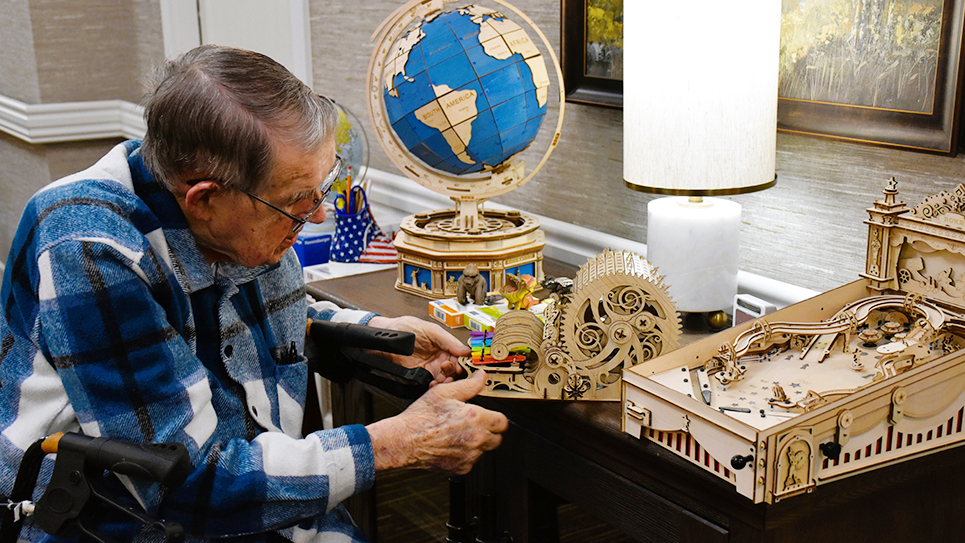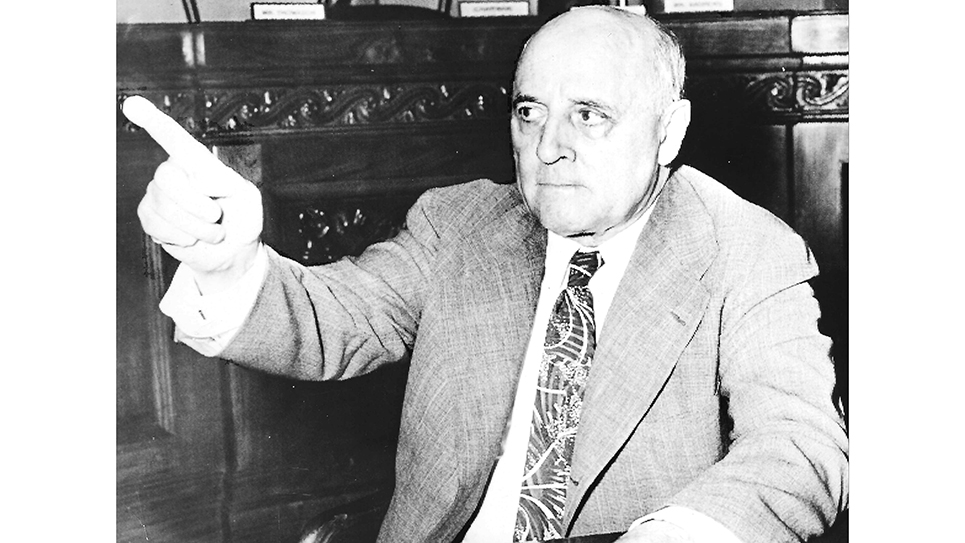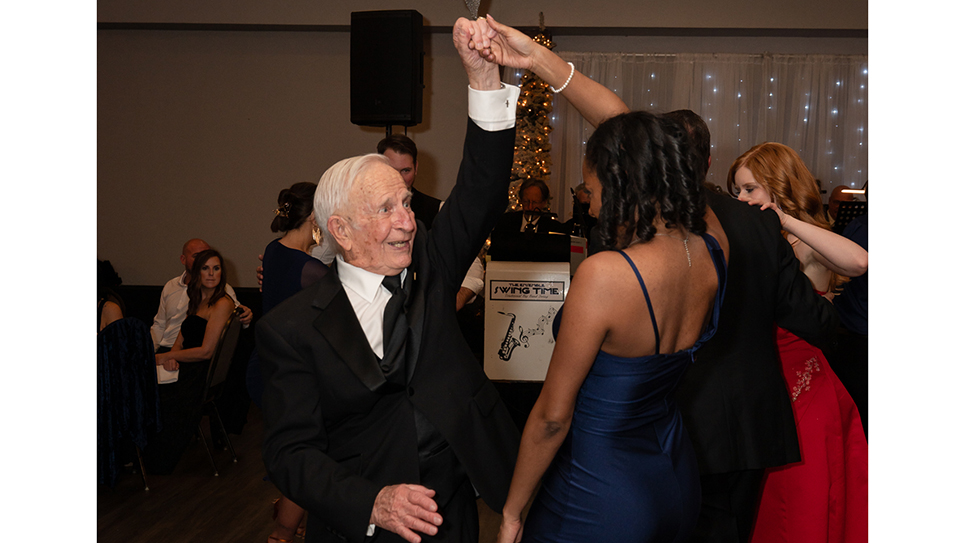I tried hard to think of a special story for readers for Christmas. For this most special time of the year it finally occurred to me that I would share a very interesting story of Judy, an English Pointer. For those of you who enjoy history and love dogs, this is a story you will enjoy very much for Judy was truly extraordinary. She gave hope to men when there was none; Judy gave love in a place where it had ceased to exist. Judy repeatedly demonstrated she was willing to lay down her life for her human friends and even saved quite a few lives in the process. Judy, the liver spotted Pointer, was also an official prisoner of war during World War II.
Judy was evidently born in a kennel in Shanghai, China, escaping when she was a puppy. Judy lived in an alley until she was six months old, earning scraps from a warm-hearted storekeeper. Japanese soldiers threatened to kill Judy, the first of many such threats during her short life, when she was found and returned to her former home at the kennel. Judy became the mascot for the USS Gnat, where she quickly became a favorite of the crew. The feisty Pointer proved to be a quick study, sleeping in a box outfitted with a blanket and learned not to wander about certain areas of the ship. One area off limits to Judy was that occupied by the Chinese cooks who did not like Judy. At one point, Judy went overboard while the Gnat was patrolling the Yangtze River; fortunately, Jan Cooper, who was Judy’s “keeper” spotted her and a boat was hurriedly dispatched to rescue her. It was Judy who was the first to raise a noisy alarm when pirates attempted to board the Gnat and because of Judy’s barking the sailors were easily able to chase off the attackers. Judy repaid “Tankey” Cooper’s kindnesses many times over while they were ashore and while on a walk ashore, Judy tugged hard at her leash and practically dragged Tankey behind her and only later did he realize the dog had saved him from a leopard lurking nearby.
Not long afterward, Judy encountered a male Pointer of whom she became fond, which resulted in the birth of thirteen puppies. Ten of the litter survived and once again Judy was threatened by Japanese soldiers while on a walk in Hankou, China. One of the soldiers pointed his rifle at Judy, who was fiercely protective of her own crew. The sailors of the Gnat transferred to another ship, the Grasshopper, which was ordered to leave its port during the Battle of Singapore with its sister ship, the Dragonfly. It was Judy who raised the alarm of approaching Japanese planes. The Japanese planes dropped three bombs on the Dragonfly, which sank quickly. The Grasshopper was also hit and the captain ordered the sailors to abandon the ship, as fire was threatening the ammunition magazine. The sailors rapidly boarded life rafts and made their way to an island. Once on the island, the sailors noticed Judy was missing. George White, a petty officer, was sent back to the burning Grasshopper to see what supplies he might be able to scrounge and he discovered Judy trapped beneath lockers which had toppled onto her when the ship had been hit by Japanese bombs. Petty Officer White could not see Judy in the dark, but felt her trembling beneath the lockers and managed to free her. White brought Judy back with what supplies he managed to scavenge on a make shift raft. George White and the other sailors soon had reason to thank God they had brought the Pointer back, as they had no fresh water and faced a slow and painful death from lack of water. At low tide, Judy was sniffing and then began frantically digging and the sailors were stunned to see the dog had discovered a fresh water spring. Judy had just saved the lives of every survivor who had made it to the island.
Rescued days later, the sailors and Judy began a long trek by boat and over land that almost cost the dog her life when she was attacked by a crocodile. Suffering a gash to her shoulder, Judy survived only to walk with the sailors into a village occupied by Japanese soldiers. They were prisoners of war. The sailors managed to keep Judy concealed from their Japanese captors, hiding her behind rice sacks as they were marched to a Prisoner of War camp. Winding up in a camp at Medan, Indonesia, Judy had lost a special friend and was malnourished and living off whatever food she could find and a few meager scraps given to her by prisoners who had little to eat themselves. The jungle was hellish, almost unbearably hot and humid temperatures accompanied by periodic drenching rains, jungles teeming with snakes and clouds of mosquitoes and other insects that bit and stung. Judy lived much of the time in the jungle where she found occasional things to eat.
Frank Williams had been carefully observing Judy, noting while all the prisoners liked Judy, she clearly didn’t belong to anyone in particular. Judy’s ribs were protruding from her wasting body and the twenty-something Britisher offered the Pointer a handful of the rice from his own bowl. Judy refused to come to him, but emitted a little whine. Williams put his bowl on the ground and Judy timidly came over and when he began stroking her ears and head, the starving dog contentedly laid down beside her new friend. Only after Frank Williams had petted her, talked to her, did the starving dog eat every last grain of rice. Judy would remain at Frank Williams’s side for the rest of her life.
The near starving prisoners had managed to conceal a stolen bag of rice meant to augment their rations and at the very least could expect a severe beating should their captors discover the rice. The prison guards were rooting around as the prisoners literally held their breath when Judy came flying into the hut, a human skull firmly fixed between her jaws. The Japanese had a superstitious horror of bones and one of the terrorized guards raised his rifle and pointed it at Judy as she dashed out and into the jungle.
Judy’s life was repeatedly threatened by Japanese soldiers, especially as the brave dog always tried to protect every man beaten. Judy took her share of beatings as she snarled, growled and barked while trying to defend her fellow prisoners. Frank Williams knew unless he did something, one of them would finally kill Judy. Fortunately, the camp commandant was not as brutal as many of the guards. The commandant, Colonel Banno, also had a well-known fondness for sake; unlike many drunks, the commandant became happy and mellow. The colonel also had a weakness for a particular local woman, who just happened to love Judy. Judy had had puppies and Williams approached Colonel Banno during one of the commandant’s drinking sprees. Williams offered the colonel one of the puppies and begged that Banno make Judy an official prisoner of war, which would afford her some measure of protection from the guards. Colonel Banno agreed and signed the necessary papers. Frank Williams literally gambled with his life by visiting the sodden colonel; he loved Judy that much.
There seemed to be no end to the things Judy could learn and when the prisoners were moved, Williams had taught the Pointer to jump into a sack and remain both still and quiet. Judy was smuggled on board an old ship bound for Singapore.
It was while being transferred back to Singapore that Frank Williams and Judy sailed on the doomed Van Waerwijck. One of the worst experiences any prisoner of war was being transported on the “hell ships” from one prison camp to another. Crowded, inhumane, dank and filthy, Judy accompanied Frank Williams when he was on a hell ship, the Van Waerwijck. It was Judy who remained perfectly calm when the Van Waerwijck was hit by torpedoes fired by a British submarine. As recalled in Robert Weintraub’s excellent book, No Better Friend, Williams recalled it was feeling Judy’s cold nose against his skin that brought him back to the reality of what was happening around him. Williams knew the aging hulk of a ship was certain to sink and thinking to save Judy’s life, picked her up and began pushing her through a porthole. It was perhaps fifteen feet from the porthole to the forbidding ocean below and Williams remembered Judy giving him a “sad” look before launching herself out of the porthole.
Once again Judy helped to save lives. Judy swam to one drowning man, so exhausted he could barely move, and helped him to grasp a piece of debris floating in the turbulent ocean. Witnesses counted at least four men saved by Judy’s heroism that day. Judy spurned offers from the prisoners to help her from the water, only accepting help for herself when she saw there were no more men for her to save. One prisoner sadly recalled, “She was more dead than alive” when finally helped to safety. Frank Williams did not know Judy was safe.
Frank Williams found himself in the cold ocean, surrounded by debris and wreckage, worrying about Judy and sharks. After swimming aimlessly for a few hours, Williams thought Judy had been lost, yet he could find no tears left in him. Promptly captured again by the Japanese once he was back on land, he was taken to a prisoner of war camp and was standing dejectedly when he was tackled from behind. Covered in oil, her eyes red, he had been tackled by a delighted Judy, obviously thrilled to see Frank Williams. That was when the tears finally came.
Judy, who was never supposed to have been on the ship in the first place, was due to be executed once they reached land by Japanese guards but Colonel Banno countermanded the order.
The brutality of the Japanese escalated as the prisoners, barely fed, were forced to build railroad tracks through forests and swamps, across pools and rivers. Working from sunup until well after dark, many of the men died. For those who faltered or could not go on, the Japanese guards beat them mercilessly. Judy stayed mostly in the jungle, living off whatever vermin she could catch for nourishment. Frank Williams fell desperately ill with malaria and a Japanese officer commanded that Judy be killed, cooked and fed to her master. It was an act of unsurpassable cruelty, but Judy hid in the jungle until the danger had passed. The Pointer finally returned and planted herself beside Frank Williams who was on the verge of death. As the young man suffered, alternating been burning up with fever and freezing from chills, Frank Williams looked down from his cot to where Judy lay sleeping. Williams worried less about dying than what would happen to Judy if he died. Williams wondered if he should take Judy’s life humanely before she was slaughtered by the vicious Japanese guards and pondered what he could do to spare her further suffering. Williams was still watching his friend when Judy opened her eyes and looked back at him and the soldier stared into those sad brown eyes and decided not only would he live, Judy would, too. Frank Williams lived and so did Judy. They were finally rescued on August 15, 1945 where he once again smuggled her on a ship bound for England and home. Williams was horrified when Judy had to spend six months in quarantine, but was pleased when the Pointer was celebrated as a genuine hero throughout Great Britain. Judy was awarded a medal, the equivalent of the Victoria Cross for animals, Britain’s highest military decoration for an animal. Judy received a commendation citing her “magnificent courage and endurance in Japanese prison camps”, as well as for having saved “many lives through intelligence and watchfulness.”
Judy traveled to Africa with Frank Williams where she died of cancer. Williams buried Judy in a special Royal Air Force jacket and built a monument of stone and marble over her grave. Frank Williams placed a plaque on Judy’s grave, which recounted much of her incredible life and described her as “A gallant old girl who, with a wagging tail, gave more in companionship than she ever received…” Williams noted Judy had been an inspiration to keep going and had been an example to her fellow prisoners.
Judy’s life really is awe-inspiring, but at its core it is a story of courage, sacrifice and most of all, love. Think of that same love at this most special time of the year and give your own little furry friend some of the love they give so unstintingly every second of every day of the year. Merry Christmas!







